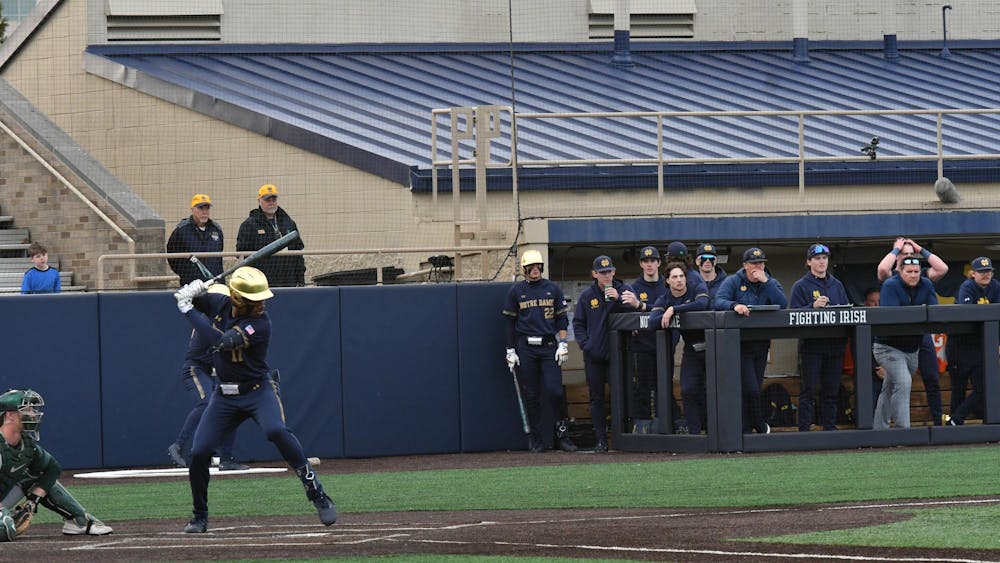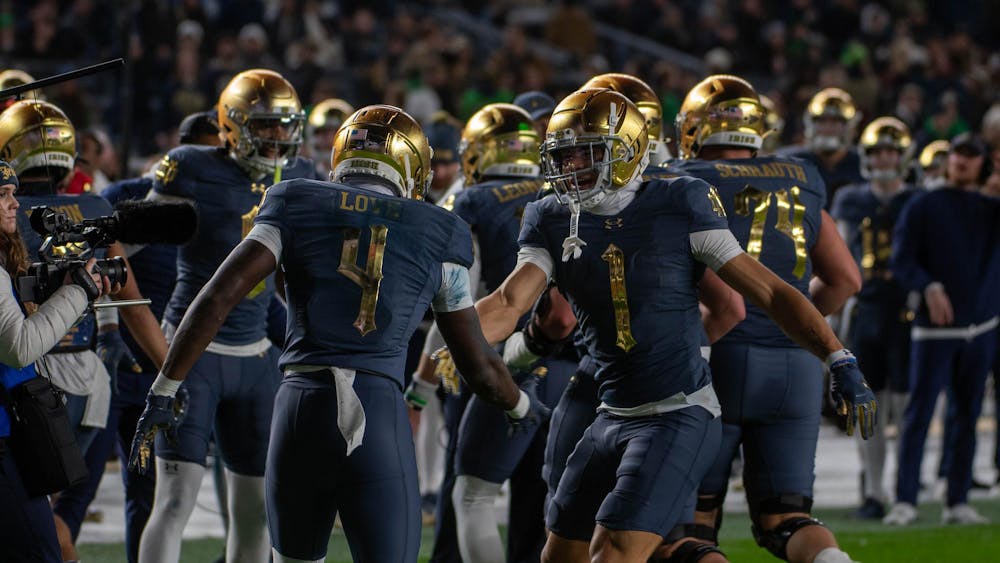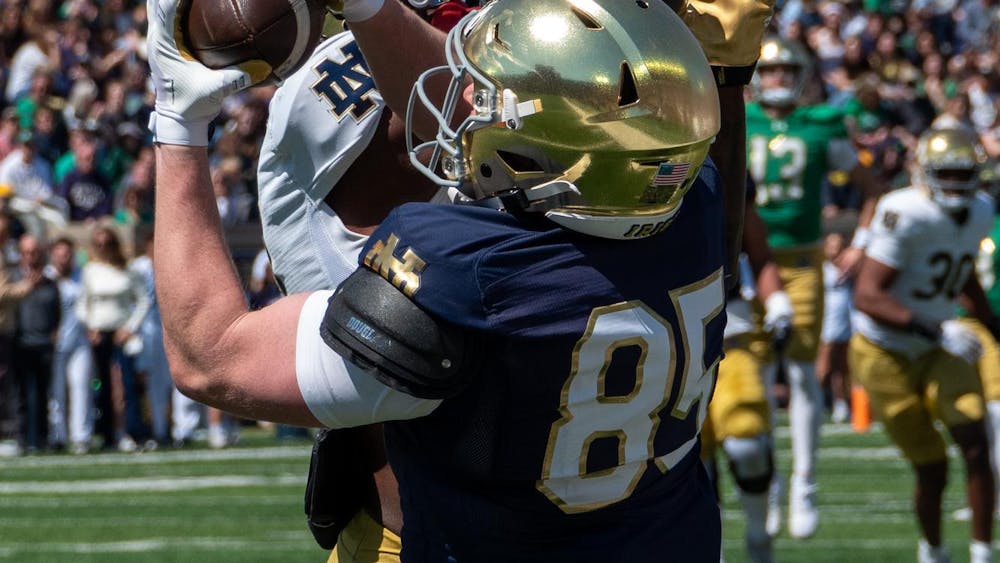As the NBA inches closer to its Feb. 23 trade deadline, trade rumors have begun to swirl around the league.
Headlining all the rumors has been the New York Knicks, who are reportedly looking to move superstar Carmelo Anthony after the Knicks, unsurprisingly, find themselves sitting near the bottom of the Eastern Conference with a team of declining former stars.
Among the several rumors that have permeated throughout the league, the rumor that has secured the most fanfare involves a potential swap between the Knicks and defending-champion Cavaliers. Some sources have insinuated over the course of the past week that the Knicks have been been trying to persuade Cleveland and potentially a third trade partner to facilitate a move that would bring Kevin Love to the Knicks and Carmelo to the Cavaliers.
Of course, to anyone with an informed gauge on the league, the possibility of the Knicks getting a return as valuable as Kevin Love for Carmelo Anthony is clearly remote. Despite a decorated career and a clear ability to still be an elite offensive player in the NBA — Anthony is averaging 23 points per game so far this season — Anthony’s trade value is staggeringly low.
Contributing to this depressed value is undoubtedly the fact that Anthony has long been considered a one-dimensional player, who at age 32, is by the day moving closer to his eventual decline. However, in addition to age and style of play, Anthony’s value has been diluted by Phil Jackson and the Knicks’ imprudent decision to include a full no-trade clause in his contract when he re-signed with the team in 2014.
Though more pervasive in other professional sports, no-trade clauses are definitively less popular in the NBA; Anthony is just one of three current players — LeBron James and Dirk Nowitzki being the others — to have the stipulation included in his contract. Two and a half years later, insiders around the league are still confounded by the Knicks’ inclusion of the clause.
Though it gave the team extra leverage in negotiations with the highly sought-after Anthony in the summer of 2014, there is not a general sentiment that the clause was necessary to keep Anthony in New York, a city he clearly enjoyed being in. Also, because of NBA rules regarding maximum salaries for incumbent employers, the Knicks were able to offer Anthony more money than any other free agency suitor.
As a result, Anthony’s no-trade clause and the corresponding ambiguous rationale for it has put the Knicks in a precarious situation. For a team clearly in search of some form of a rebuild, the clause has further impaired the value of Anthony to the point that, if a deal is made, it will likely be for an astonishingly low return. Since being named president of the Knicks in 2014, Phil Jackson has made a number of questionable moves, but, as Knicks fans are finding out, perhaps no blunder has the potential to be as head-scratching and utterly confounding as the decision to include a rare no-trade clause in Anthony’s contract.
Read More
Trending









